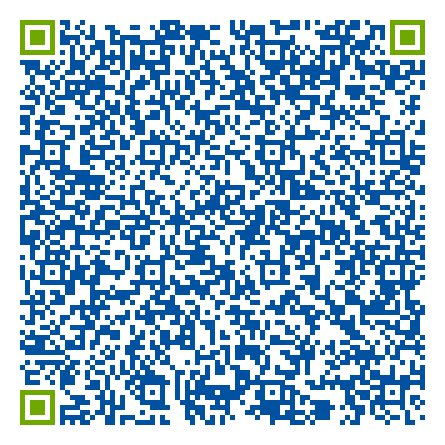Model-Driven Software Product Line Engineering
- Datum
- 10.05.2012
- Zeit
- 12:30 - 13:30
- Sprecher
- Dipl.-Inf. Florian Heidenreich
- Zugehörigkeit
- Institut für Software- und Multimediatechnik, Lehrstuhl für Softwaretechnologie
- Sprache
- en
- Hauptthema
- Informatik
- Andere Themen
- Informatik
- Beschreibung
- A software product line (SPL) is a set of software-intensive systems sharing a common, managed set of features that satisfy the specific needs of a particular market segment or mission and that are developed from a common set of core assets in a prescribed way. In addition to the shared core assets, every member of an SPL has features that are specific to it and that are not shared by all other members (often called products) of the SPL. To express this variability, the different features available in an SPL and their interdependencies are being described via variability modelling. Variability modelling with feature models is one key technique for specifying the problem space of SPLs. To allow for the automatic derivation of a concrete product based on a given variant configuration, a mapping between features in the problem space and their realisations in the solution space is required. In our work, we focus on SPLs that are described by means of models — Model-Driven Software Product Line Engineering (MDSPLE). Current approaches in MDSPLE are limited w.r.t. the available means for describing variability in the problem space, are targeted to a dedicated modelling language in the solution space or rely on specific solution-space constructs to create links or mappings between problem-space artefacts and solution-space artefacts. Furthermore, they do not provide means for the holistic checking of well-formedness constraints on solution-space models to ensure the validity of all possible variants of those models regardless of the modelling language used. Finally, derivation of products, i.e. creating variant-specific solution space models, often depends on the modelling language used. We aim at providing a solution that overcomes these limitations and offers means for universal, i.e. language-independent, mapping from problem space artefacts to solution-space artefacts, ensures validity on all possible variants and allows for the derivation of variant-specific models from variant-independent models in a generic way. Diese Veranstaltung wird unterstützt von Lehrstuhl für Softwaretechnologie.
Letztmalig verändert: 10.05.2012, 09:37:13
Veranstaltungsort
TUD Andreas-Pfitzmann-Bau (Informatik) (INF 1096 (Beratungsraum, 1. Etage))Nöthnitzer Straße4601069Dresden
- Homepage
- https://navigator.tu-dresden.de/etplan/apb/00
Veranstalter
TUD InformatikNöthnitzer Straße4601069Dresden
- Telefon
- +49 (0) 351 463-38465
- Fax
- +49 (0) 351 463-38221
- Homepage
- http://www.inf.tu-dresden.de
Legende
- Ausgründung/Transfer
- Bauing., Architektur
- Biologie
- Chemie
- Elektro- u. Informationstechnik
- für Schüler:innen
- Gesellschaft, Philos., Erzieh.
- Informatik
- Jura
- Maschinenwesen
- Materialien
- Mathematik
- Medizin
- Physik
- Psychologie
- Sprache, Literatur und Kultur
- Umwelt
- Verkehr
- Weiterbildung
- Willkommen
- Wirtschaft


